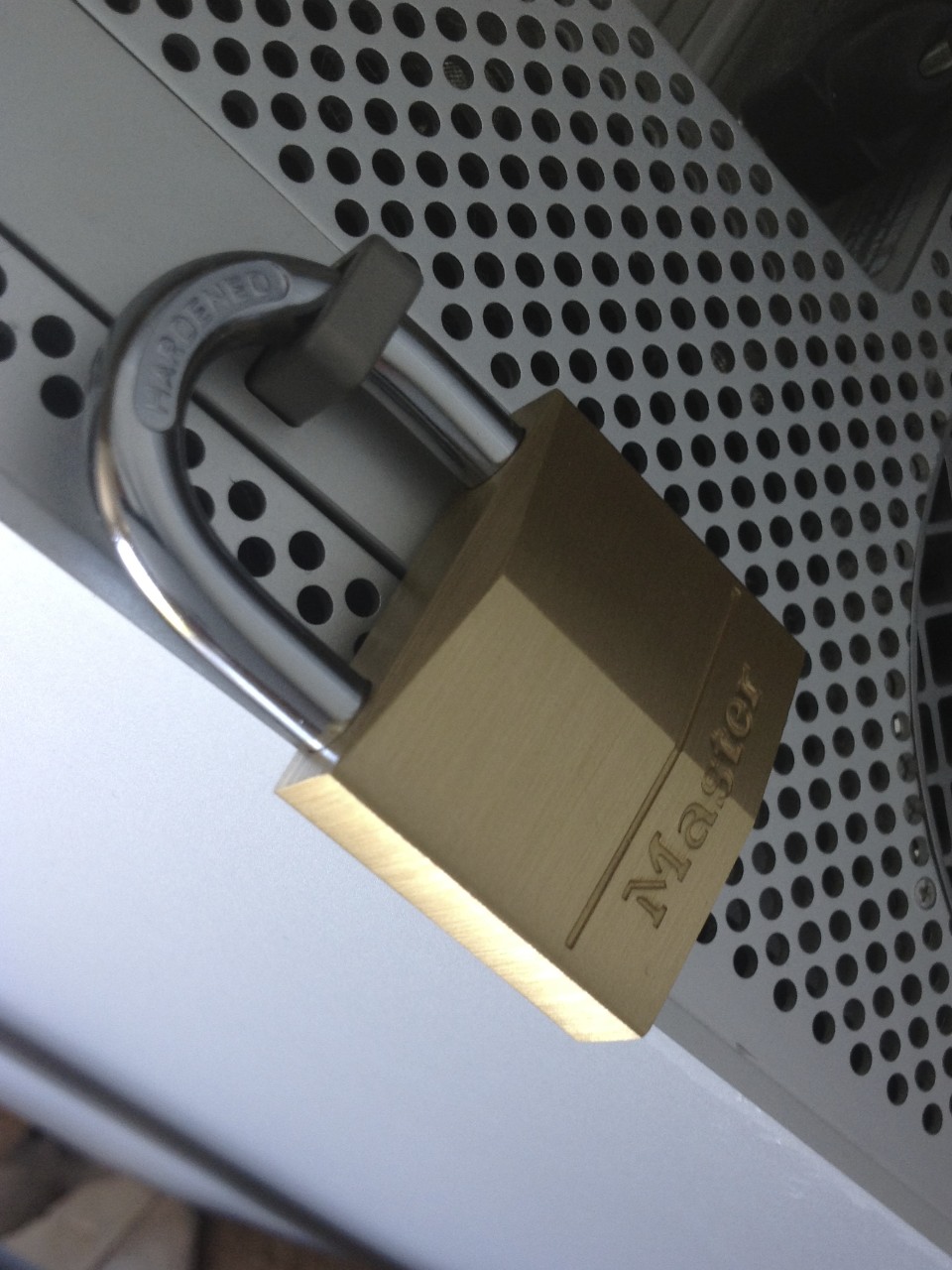
Owning my own data
I finally got sick and tired of the sync dance with Apple and Google not wanting to talk to one another. I use a Mac but I also have an iPad and since recently I now have an Android phone. I had been syncing with iCloud and a long time ago I imported all my contacts into Google, but I haven’t had sync on that for quite a while.
After tearing my hair out trying to come up with a way to sync both services with one another, I called it a day. Almost literally. Most of the day today has been spent setting up a new personal subdomain and installing OwnCloud, an open source cloud-storage and ‑services solution. It requires that you have your own webserver (though you can put it on a PC and access it via VPN1) but it provides a tremendous amount of the functionality that iCloud or Google does:
- Calendar
- Contacts
- Files (with desktop Dropbox-like clients for desktop and mobile devices)
- Documents (I haven’t used it but it purports to do what Google Docs does)
I have set it up to automatically upload files to my server when I take a picture with the camera on the phone. I could use it to share photos online the same way people do with folders on Dropbox or Spideroak.
It was surprisingly easy. I set it up on an Apache webserver with a PostgreSQL back-end. Most of what took the extra time was editing and consolidating duplicates in my address book. There was a little bit of extra time associated with some of the privacy and security measures I took, but those probably weren’t entirely necessary.
I used to do all my syncing with a USB cable on the desktop. I hated the idea that one of the huge tech companies could have a copy of my entire address book. Not that I care for my own sake, but I didn’t like that for the sake of my own convenience I would essentially give up other people’s privacy. Even when I got the Palm Pre, which was designed around putting everything in the Cloud, I used third-party software2 to sync my contact data with the phone. It wasn’t until I got an Android phone that I gave up and let Google have all my information — there just didn’t seem to be any other option. Then when I switched back to iOS, it didn’t seem like such a big hurdle to sync my contacts using iCloud.
Not that I think that Apple or Google is building a huge list of phone numbers for doing telemarketing, but they both already do a great job of cross-referencing people’s address books to find out who your friends and associates are. Google is crunching enormous amounts of data and they no doubt have ways of pulling out all sorts of personal information without technically ever looking at private data, just by looking at aggregates and profiles based on people’s private data.3
There’s a saying I find particularly relevant here: when you get something for free, you’re not the customer. You’re the product that’s being sold to someone else. That’s how it is with television, and with Apple offering the Mavericks upgrade at no charge while removing the ability of Apple users to sync their data with any other cloud service, it seems obvious that it’s true in every other area.
Now I have deleted all my contacts from Google, and soon I will delete my contacts from iCloud. For several years I’ve been selling my friends’ private information to large corporations in exchange for the convenience of not plugging a cable into my computer. I hold no illusions that Apple and Google don’t have all that data tucked away, but at least I’m not going to continue adding and updating their contact databases.
I wouldn’t give a friend’s phone number and address to another friend, even someone I trust, without first obtaining their permission. I’m not going to continue to do the same thing, except with all my friends’ and associates’ private information, given to a bunch of people I don’t know.4
- I read about someone installing OwnCloud on a Raspberry Pi! ↩
- Called The Missing Sync. ↩
- Techniques for pulling information out of data without looking at individual pieces of information have existed for decades at least. ↩
- Yes, corporations are people. The way that Soylent Green is people. ↩
One Reply to “Owning my own data”